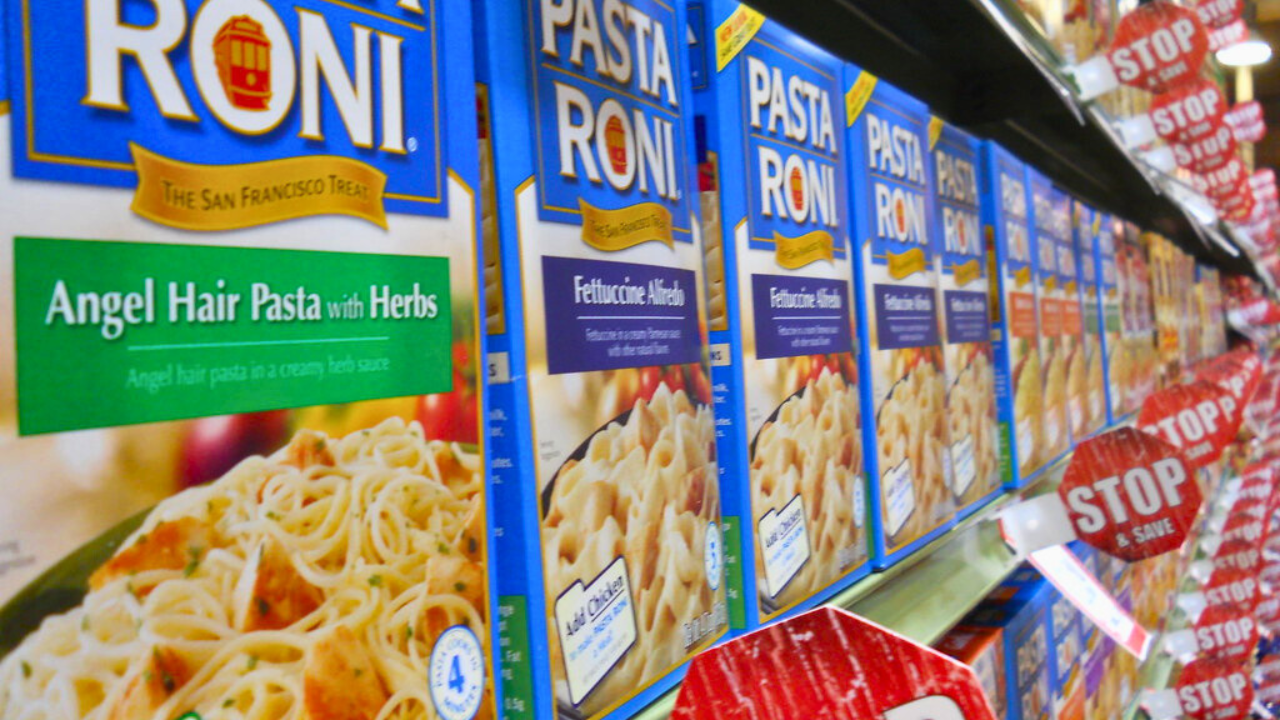
A family dinner staple has become the center of a widening public health crisis. Twenty people across 15 states have fallen ill from Listeria-contaminated pasta, with four deaths and one pregnancy loss confirmed by federal health authorities. The source: pre-cooked linguine and fettuccine manufactured by Nate’s Fine Foods in Sacramento and distributed through major retailers including Walmart, Kroger, and Trader Joe’s.
The outbreak, which resulted in 19 hospitalizations by early October, underscores how a single contamination point can ripple through millions of American kitchens within days. Federal investigators are calling it one of the year’s most extensive food recalls, with nine companies now pulling products from shelves.
Genetic Fingerprints Lead to California

The investigation began with hospital cases that shared an unusual commonality: identical bacterial DNA that matched no existing records. “That was our red flag,” said Dr. Maria Alvarez, a CDC epidemiologist leading the probe. When additional samples confirmed the same pathogen, the CDC partnered with the FDA to trace its origin.
Using PulseNet—a national database that tracks bacterial genomes—microbiologists linked patient samples directly to recalled pasta products. “It’s forensic science in real time,” Dr. Alvarez explained. The genetic detective work revealed that all cases connected to ready-to-eat pasta meals, eventually pointing investigators toward Nate’s Fine Foods facility.
Laboratory testing confirmed Listeria in multiple batches of the company’s pasta. On September 25, more than 245,000 pounds were recalled, and production was halted. FDA inspectors are now examining cooling tunnels and packaging lines, where moisture or inadequate sanitation may have allowed bacteria to flourish.
One Factory, Millions of Plates

What alarmed federal officials wasn’t just the contamination itself, but the velocity of its spread. Nate’s supplied pasta to FreshRealm, a California-based distributor whose heat-and-serve meals reach grocery chains nationwide. Within days, contaminated products bearing labels like Marketside and Ready Chef Go had reached refrigerators from Florida to Utah.
“That’s how modern food networks work,” said FDA spokesperson Daniel Brooks. “A single source can touch millions.” The outbreak stretched across states including Texas, Illinois, Louisiana, and Utah, illustrating the interconnected nature of America’s food distribution system.
Days after the initial recall, Sprouts Farmers Market joined the effort when supplier testing detected the same Listeria strain in smoked mozzarella pasta salad sold across 22 states. FreshRealm, now at the center of the recall, has pledged to increase supplier audits and expand testing protocols. “We take full responsibility for ensuring the safety of everything we distribute,” a company spokesperson said.
By mid-October, the recall chain had expanded to nine companies, all tracing ingredients back to the same Sacramento facility. “It’s one of the most extensive cooperative recalls we’ve seen this year,” an FDA official confirmed.
The Bacteria That Thrives in Cold

Listeria monocytogenes is uniquely dangerous because it defies conventional food safety assumptions. “It thrives where others can’t—in the fridge,” said Dr. Aaron Mills, a CDC food safety expert. Unlike most pathogens, Listeria survives and multiplies in cold storage, making refrigeration no safeguard.
“Listeria is relentless, especially for the elderly and pregnant,” Dr. Alvarez noted. The bacteria can cause meningitis or pregnancy complications once it enters the bloodstream. Symptoms may not appear for up to 70 days, leaving families unaware of danger long after meals are consumed.
Health departments have been inundated with concerned calls. “We’ve received hundreds of calls,” said Megan Harper of the Illinois Department of Public Health. “The anxiety is understandable. Symptoms can take up to 70 days to appear—but not everyone exposed will get sick.”
A System Under Scrutiny

This marks the third major Listeria outbreak in 2025, following recalls of soft cheeses and deli meats. The CDC estimates Listeria maintains a 20% fatality rate, making it among the deadliest foodborne bacteria. “Whether that’s due to better testing or growing contamination risks, it’s a warning sign,” Dr. Mills said.
The outbreak has reignited debate over regulatory oversight. “Oversight is fragmented between the FDA and USDA,” said Caroline Hughes of the Center for Science in the Public Interest. “That creates cracks where accountability can slip through.” Lawmakers have already called for congressional hearings to clarify agency responsibilities.
Federal agencies expect investigations to continue for weeks as retailers audit supply chains and more samples undergo testing. The FDA urges consumers to check recall lists and discard affected products immediately, even if they appear safe. Recalled items can be identified by “Best If Used By” dates posted on the agency’s website.
As Dr. Alvarez emphasized, the lessons learned now extend beyond this outbreak: “What we learn now could prevent the next outbreak.” For a food system where speed and scale define modern distribution, this crisis reveals how quickly convenience can turn catastrophic.